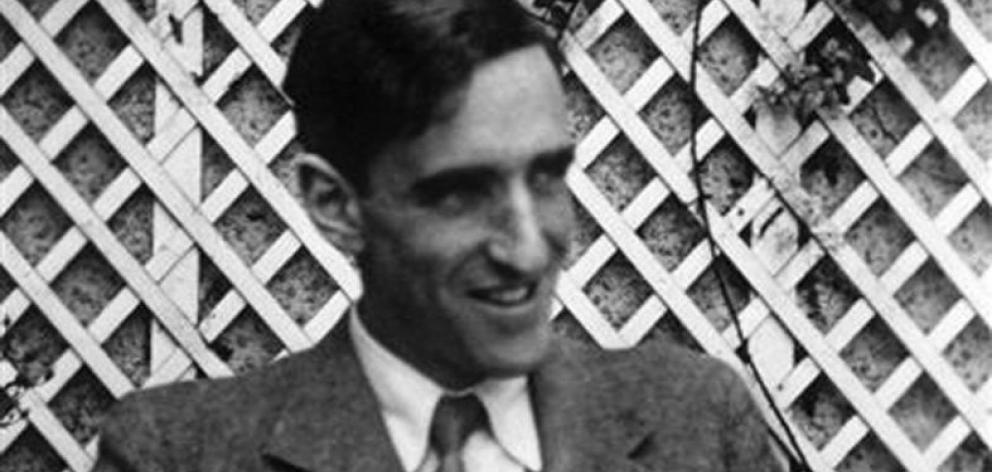

This is the third volume of selected passages taken from the originals in the Hocken Collections, Uare Taoka o Hakena, the University of Otago Library in Dunedin, as transcribed by Brasch’s close friend Margaret Scott. Peter Simpson, who also edited the second volume of the journals, published in 2017, has now completed a massive scholarly task that will serve as a foundation for Brasch studies into the future, for which he deserves to be congratulated. He has ferreted out details of Brasch’s many friends and more casual acquaintances over the last years of the poet’s life and may be forgiven the few errors that close colleagues of Brasch will pick up as they read these fascinating insights into literature, music, art and those who created and appreciated their endeavours.
Brasch is first and foremost a poet: "Poets are precious, and a great poet is sacred."
Above all, "poetry is knowledge and discovery in that it embodies and conveys new experience, reaching into the unknown".
Elsewhere he praised prose writers, painters and composers as equally significant in the promotion of cultural values: "If literature is powerful or persuasive enough, it will gradually infect society; it is the grain which leavens the lump; it alters men’s way of seeing the world, and their fellow men, and themselves."
He valued the contribution of Maori to this enterprise, especially Hone Tuwhare and Ralph Hotere.
Brasch was interested in the many paths that contributed to the cultural highway. He saw the value of hard work, a good education and a disciplined mind, but recognised that chance, or perhaps the mind working at a deeper level than present consciousness, also plays a part in the creative process: the framework for the next part of Indirections "came to me as I was shaving, as things often do".
He was mercilessly critical of his own achievements and abilities and no less so of the work of his friends and acquaintances. No-one was beyond criticism, though Brasch would be the first to concede that it may have been his own inadequacies of perception that clouded his judgement. He could not reconcile himself to the later works of Colin McCahon, though he had been one of the first to promote his art. His close friendship with Toss Woollaston did not stop him frequently finding the painter’s work "too formless, areas of colour without modelling or distinct textures".
Yet he was also the most loyal of friends, listening, advising, appreciating, warmly hosting their visits.
"I love having friends come to stay — intensely resent their being here; that they take my time, prevent me from working, reading at meals, and impose their presence on the house (as they can’t help doing). Yet I go to stay with them happily, and have no sense that I interfere with their lives. Totally irrational."
It is this broad self-awareness, his ability to see the possible faults within himself, as well as his sense of humour, that made him so popular a friend to a wide range of men and women, and that made him such a good editor.
Despite his cosmopolitanism, Brasch was deeply attached to New Zealand, and Dunedin in particular. He loved the landscape, the sound of birds in his garden, the swift changes of weather, climbing (gently) and walking. He loved listening to people, looking at them, noting the timbre of their voice, the set of their features, their habits, the way they related to others. The journals give a wonderful sense of a creative man living his life fully and well, which makes the final pages, the story of his final illness, so poignant: "I must have written seven or eight little poems turning on the light about five this morning ... Poems of the pain of coming back to life pain, that keeps sweeping over me in waves of self-pity. Exhausting."
Reading the journals brings a period and people to life, makes history personal and rich, brings the ordinary into the extraordinary, making for a deeply satisfying experience.
- Peter Stupples, now living in Wellington, used to teach at the University of Otago











